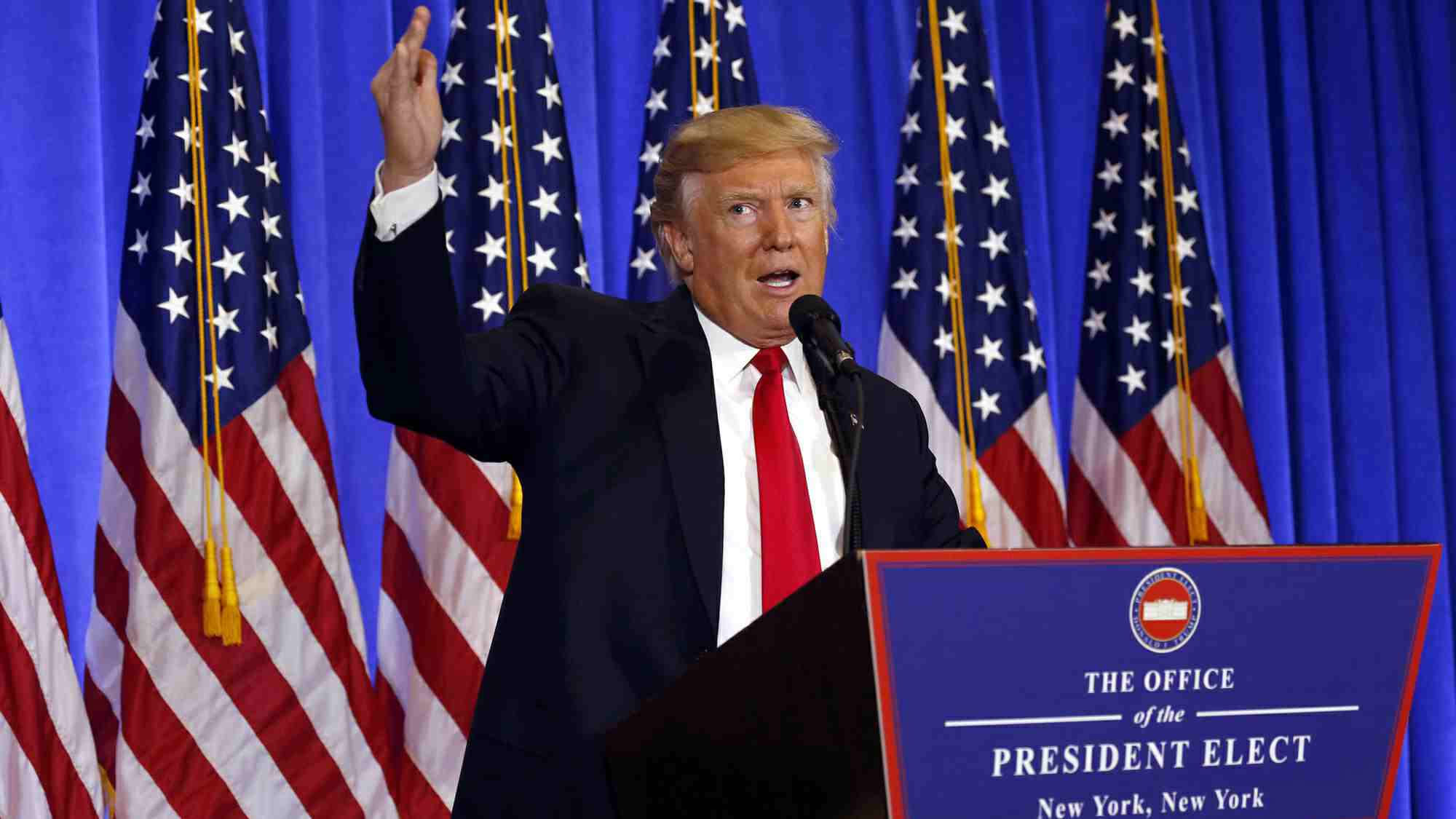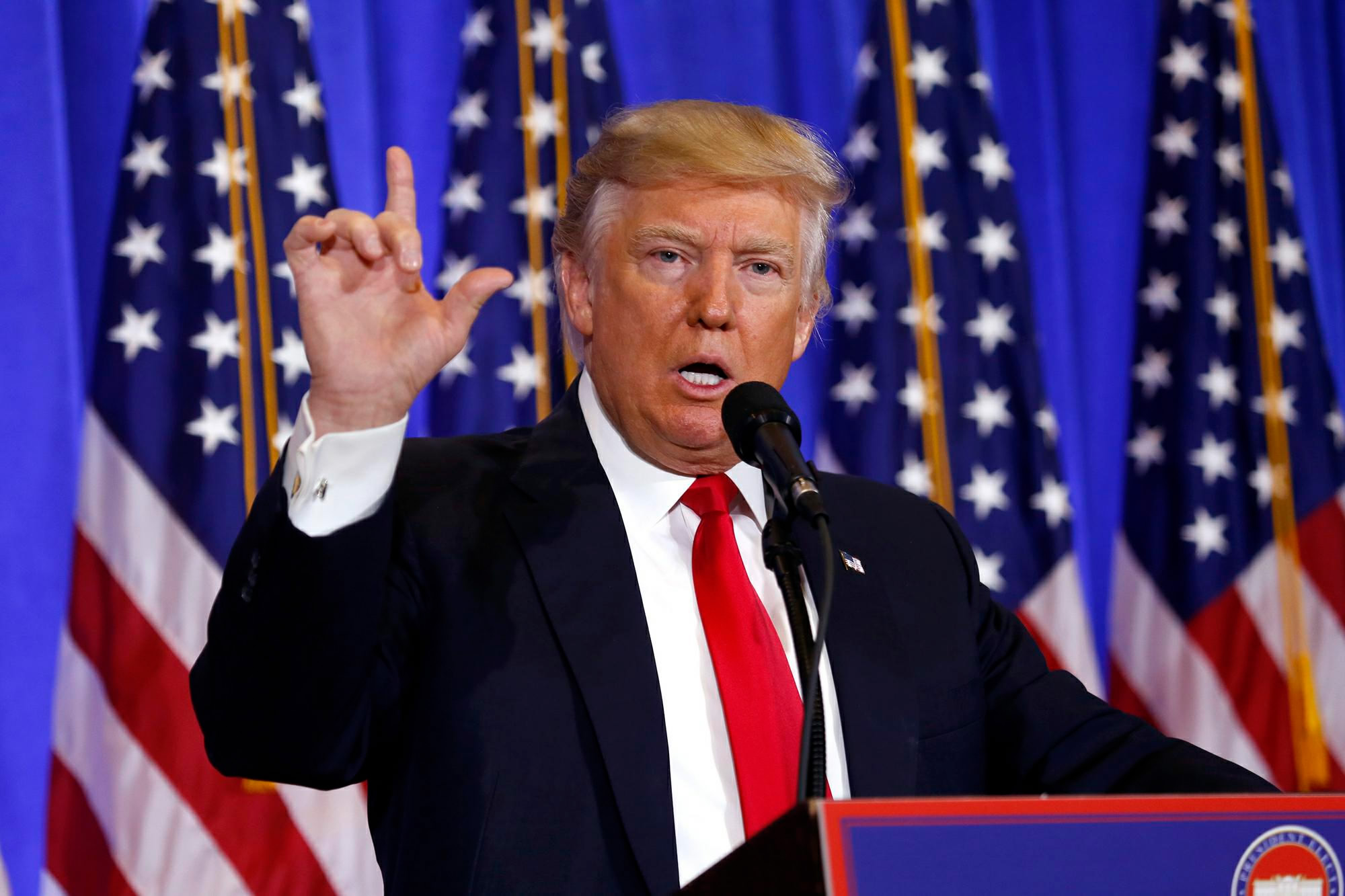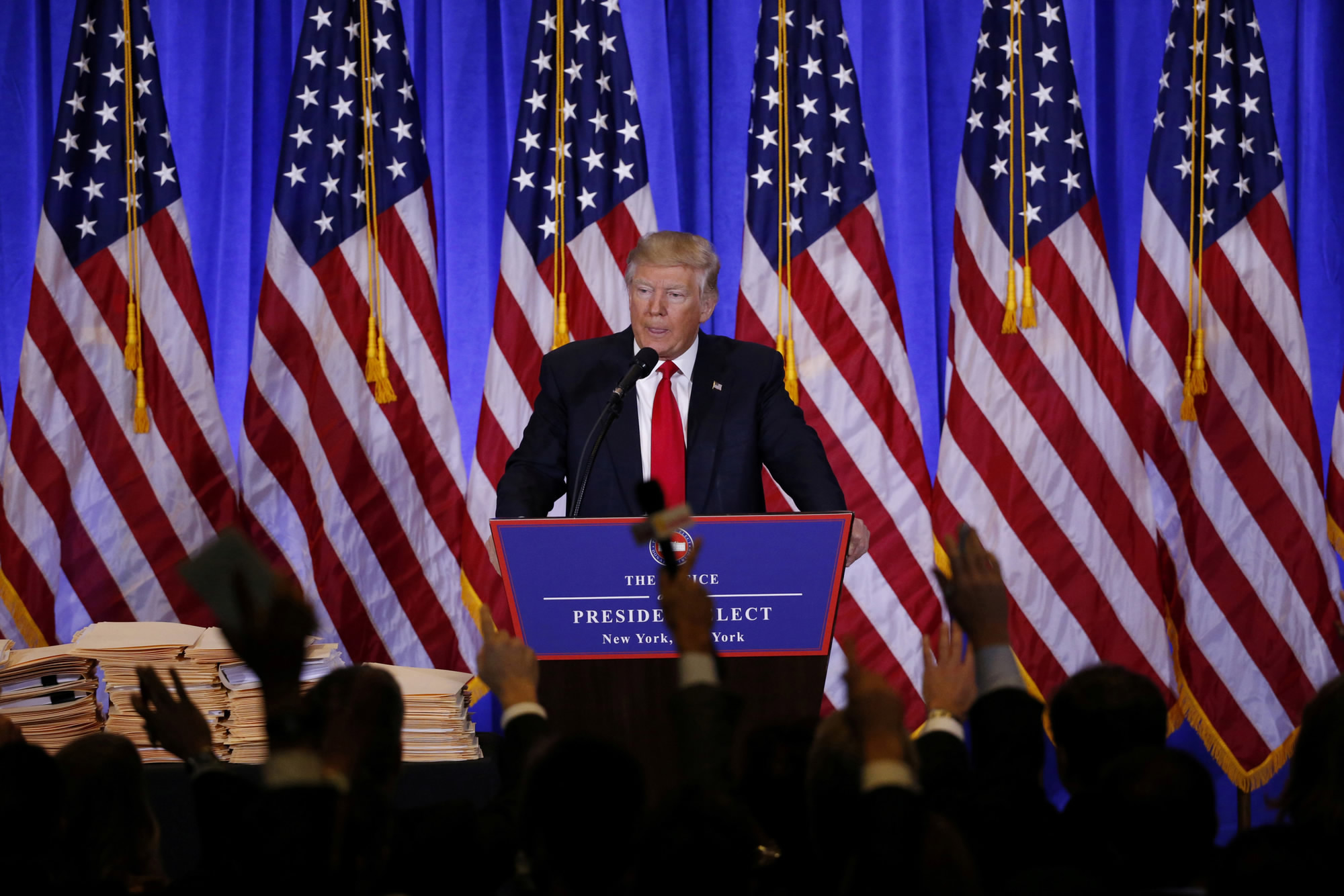
Politics
17:27, 12-Jan-2017
What’s next for China-US relations after Trump’s inauguration?
Updated
10:33, 28-Jun-2018

Guest commentary by Sun Chenghao
In almost a week, Donald Trump will become the 45th President of the United States. Recently, Trump was preoccupied with his Twitter account, trying hard to dispel the “fake news” about his connection with Russia, and was bombarded by questions concerning Russia and Vladimir Putin during his first press conference. The topic of China-US relations seemed to fade out from the spotlight temporarily, but will definitely pop up after his inauguration due to its great significance for both countries and the world at large.
It is widely expected that Trump will take a stronger attitude towards China than Obama did. With his selection of his inner circle, cabinet members, and senior level officials, Trump has already sent signals to China that those hardliners who were previously critical about China’s domestic development and foreign policy will be the mainstream of his “China hands”.

US President-elect Donald Trump holds his first news conference since the election in New York, the United States, on Jan. 11, 2017. / CFP Photo
US President-elect Donald Trump holds his first news conference since the election in New York, the United States, on Jan. 11, 2017. / CFP Photo
In the inner circle level, Michael Flynn, the future National Security Advisor and Peter Navarro, the head of the newly-established White House National Trade Council, would be in charge of security and economic issues respectively. At the operational level, it is said that Matt Pottinger, who had misunderstandings about China’s domestic politics, might be appointed as the senior director for Asian affairs at National Security Council, and Randall Schriver, currently the President and Chief Executive Officer of the Project 2049 Institute and a pro-Taiwan former official in the George W. Bush administration might serve as assistant secretary for Asia affairs in either State Department or Department of Defense.
The biggest challenge for those officials or Trump is whether they could formulate any grand strategy towards China. In fact, since 2005, when then-Deputy Secretary of State Robert Zoellick coined the phrase “responsible stakeholder”, the US raises no long-term framework of its China strategy. After a transitory concept of “strategic reassurance” proposed by James Steinberg, the Obama Administration also failed to offer any grand framework which might be conducive to stabilizing the bilateral relationship.
It is highly doubtful whether the Trump administration will be able to raise a long-term strategic vision of the bilateral relationship in its first or second year. Under such circumstances, the China policy might be solution-oriented and both countries should pay close attention to prevent risks from escalating to conflicts, especially on the regional hot issues.

US President-elect Donald Trump holds his first news conference since the election in New York, the United States, on Jan. 11, 2017. / CFP Photo
US President-elect Donald Trump holds his first news conference since the election in New York, the United States, on Jan. 11, 2017. / CFP Photo
For example, on South China Sea issue, Trump should restrain the impulse of the US military to show aggression by conducting Freedom of Navigation Operations (FONOP) in a very high profile. According to the record of last year’s FONOPs, the frequency was about once per season and the latest one took place last October, which means the next one might happen this January. If the operation is conducted days after the inauguration, it will definitely poison the bilateral relations at the very beginning.
On the Taiwan question, Trump should shorten his learning curve and recognize its sensitivity and significance to China as soon as possible. But actions speak louder than words. If Trump translates his irresponsible words on the one-China policy into real action, it would be a huge mistake and a disaster for China-US relations. On the Korean Peninsula issue, Trump should also think twice before taking any actions not welcomed by China.
(Sun Chenghao is an assistant research fellow at the Institute of American Studies, China Institutes of Contemporary International Relations. The article reflects the author's opinion, and not necessarily the view of CGTN.)
10738km

SITEMAP
Copyright © 2018 CGTN. Beijing ICP prepared NO.16065310-3
Copyright © 2018 CGTN. Beijing ICP prepared NO.16065310-3